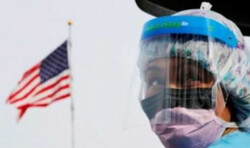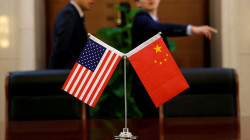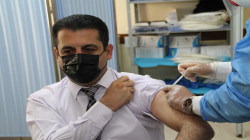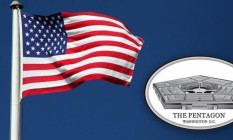COVID vaccines to be required for military under new US plan
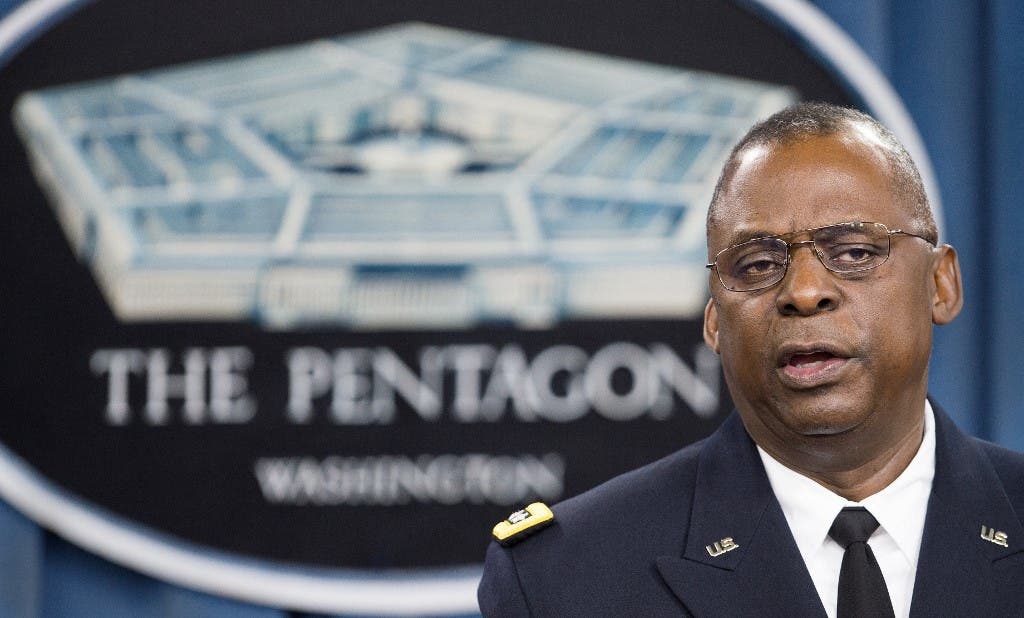
Shafaq News/ Members of the U.S. military will be required to get the COVID-19 vaccine beginning next month under a plan laid out by the Pentagon and endorsed by President Joe Biden. In memos distributed to all troops, top Pentagon leaders said the vaccine is a necessary step to maintain military readiness.
Defense Secretary Lloyd Austin said the mid-September deadline could be accelerated if the vaccine receives final FDA approval or infection rates continue to rise.
“I will seek the president’s approval to make the vaccines mandatory no later than mid-September, or immediately upon” licensure by the Food and Drug Administration “whichever comes first,” Austin said in his memo sent Monday, warning them to prepare for the requirement.
The Pentagon plan provides time for the FDA to give final approval to the Pfizer vaccine, which is expected early next month. Without that formal approval, Austin needs a waiver from Biden to make the shots mandatory, and Biden has already made clear he supports it.
Austin’s decision reflects similar moves by governments and companies around the world, as nations struggle with the highly contagious delta variant that has sent new U.S. cases, hospitalizations and deaths surging to heights not seen since last winter. The concerns are especially acute in the military, where service members live and work closely together in barracks and on ships, increasing the risks of rapid spreading. Any large virus outbreak in the military could affect America’s ability to defend itself in any security crisis.
Austin warned that if infection rates rise and potentially affect military readiness, “I will not hesitate to act sooner or recommend a different course to the President if l feel the need to do so. To defend this Nation, we need a healthy and ready force.”
In a statement Monday, Biden said he strongly supports Austin’s message to the force and the plan to add the COVID vaccine “to the list of required vaccinations for our service members not later than mid-September.”
Biden said the country is still on a wartime footing and “being vaccinated will enable our service members to stay healthy, to better protect their families, and to ensure that our force is ready to operate anywhere in the world.”
Austin’s memo, which went out Monday, was followed quickly by one from Army Gen. Mark Milley, chairman of the Joint Chiefs of Staff.
“The Secretary of Defense intends to mandate vaccinations for all Service members in the coming weeks,” said Milley, adding that the military’s medical professionals recommended the move. At the bottom of his message, Milley scrawled a handwritten note: “Getting vaccinated against COVID-19 is a key force protection and readiness issue.”
The decision comes a bit more than a week after Biden told defense officials to develop a plan requiring troops to get shots as part of a broader campaign to increase vaccinations in the federal workforce.
Austin said the military services will have the next few weeks to prepare, determine how many vaccines they need, and how this mandate will be implemented. The additional time, however, also is a nod to the bitter political divide over the vaccine and the knowledge that making it mandatory will likely trigger opposition from vaccine opponents across state and federal governments, Congress and the American population.
Pentagon spokesman John Kirby said Monday that he believes the military has enough vaccines to meet the requirements. He added, “You can consider this memo not just a warning order to the services but to the troops themselves.”
Austin’s memo also said that in the meantime, the Pentagon will comply with Biden’s order for additional restrictions on unvaccinated federal personnel, including masks, social distancing and travel limits.
According to the Pentagon, more than 1 million troops are fully vaccinated and another 237,000 have received one shot. But the military services vary widely in their vaccination rates.
Source: AP
